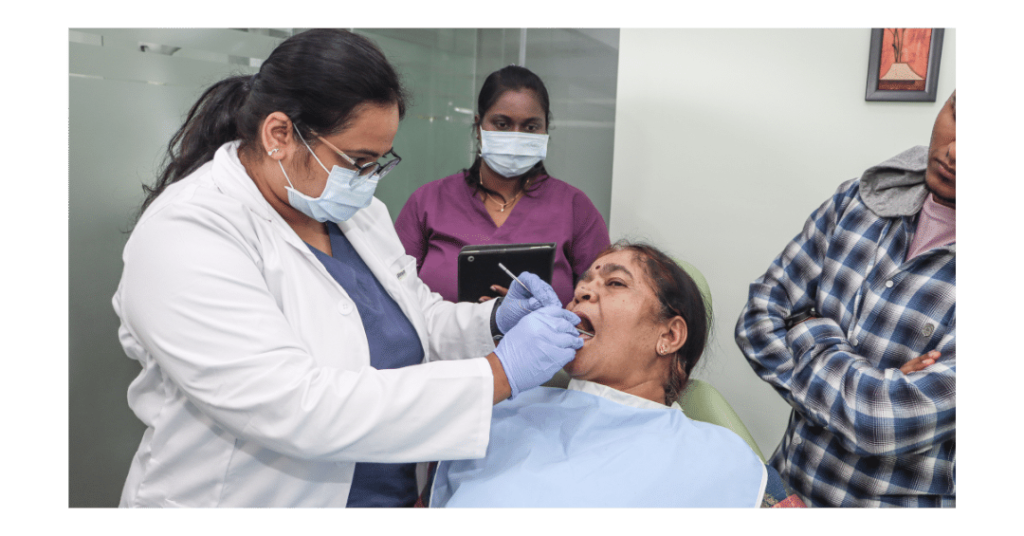It all begins with the consumption of a meal. The carbohydrates ingested are processed by the digestive system and converted into sugar or glucose, which enters the bloodstream. This sugar is then transported to different parts of the body to be used as energy. The primary source of energy in the bloodstream is this sugar. However, the regulation of the amount of sugar in the blood is controlled by a key player: insulin.
What exactly is insulin?
When blood sugar levels rise, a signal is sent to the pancreas, triggering the release of insulin. Insulin serves as the hormone responsible for maintaining balanced sugar levels in the bloodstream. It ensures that the sugar content neither becomes excessively high nor dangerously low.
Defining diabetes and its causes: Diabetes is a condition that arises when the body encounters difficulties in converting food into sugar. This can occur when the pancreas fails to produce sufficient insulin or when the body is unable to effectively utilize the insulin that is produced. Inefficient insulin function results in either elevated blood sugar levels (hyperglycemia) or abnormally low levels (hypoglycemia), both of which can lead to detrimental effects on the body.
Persistently high blood sugar levels can give rise to severe health complications such as heart disease, stroke, kidney disorders, vision impairments, and nerve problems. On the other hand, prolonged low blood sugar levels can deprive the brain of necessary glucose, leading to seizures and even coma.
Understanding diagnosis methods for diabetes: Symptoms of type 2 diabetes are often mild and may take years to become noticeable. These symptoms include thirst, frequent urination, increased hunger, fatigue, and blurred vision.
Two common tests are used to diagnose diabetes:
Fasting Blood Sugar Test: This test involves fasting for 8 to 12 hours, during which only water is allowed. Blood sugar levels are measured after the fasting period. The results of this test help determine whether diabetes is present:
99 mg/dL or lower: Normal fasting blood sugar level.
100–125 mg/dL: Indicates prediabetes, where blood sugar levels are elevated but not yet classified as diabetes.
126 mg/dL or above: Suggests high blood sugar, a key indicator of diabetes.
Random Blood Sugar Test: This test measures blood sugar levels at any time of day. If glucose levels reach 200 mg/dL or higher, classic symptoms of high blood sugar are observed, leading to a diagnosis of diabetes.

Who should undergo Blood Sugar tests?
Regular blood sugar tests are advisable for individuals with the following factors, while annual tests are recommended otherwise:
– Age 45 years or older
– Overweight or obesity
– History of heart disease, high blood pressure, or high cholesterol
– Prediabetes
– Family history of diabetes
– Sedentary lifestyle
– Polycystic ovarian syndrome
Treatment and Medication
Depending on the severity of hyperglycemia, regular medication is crucial. Consulting a doctor is essential for proper management. Treatment may involve insulin injections or other medications such as metformin, sulfonylureas, and sodium-glucose co-transporters type 2 (SGLT-2) inhibitors.
Do’s for a Diabetic Patient on Medication (as advised by Wisden Clinics):
Regular Blood Sugar Monitoring: Monitor your blood sugar levels as per the schedule recommended by Wisden Clinics. This helps track your progress and adjust your medication accordingly.
Follow Medication Instructions: Take your prescribed medications exactly as instructed by Wisden Clinics. Maintain the recommended dosage and timings for optimal control.
Healthy Eating Habits: Adhere to the balanced diet plan provided by Wisden Clinics. Focus on portion control, include a variety of vegetables, lean proteins, whole grains, and healthy fats in your meals.
Stay Hydrated: Consume an adequate amount of water throughout the day to support kidney function and maintain stable blood sugar levels.
Regular Physical Activity: Engage in regular exercise as advised by Wisden Clinics. Follow their recommended activity level to improve insulin sensitivity and overall health.

Don’ts for a Diabetic Patient on Medication (as advised by Wisden Clinics):
Avoid Skipping Meals: Do not skip meals, especially when on medication. Irregular eating patterns can disrupt blood sugar control.
Limit Sugary Foods: Avoid foods and drinks high in added sugars, as they can lead to rapid blood sugar spikes. Follow the guidance provided by Wisden Clinics on sugar intake.
Minimize Processed Foods: Steer clear of heavily processed and refined foods. Wisden Clinics advice focuses on whole, nutrient-dense options to support your diabetes management.
No Self-Medication Adjustments: Do not alter your medication dosage or schedule without consulting Wisden Clinics. Any changes should be discussed and approved by your healthcare provider.
Avoid Sedentary Lifestyle: Refrain from prolonged periods of inactivity. Wisden Clinics recommendations for physical activity should be followed to maintain blood sugar control and overall well-being.
Always prioritize your health and adhere to the personalized guidance provided by Wisden Clinics to effectively manage your diabetes and medication regimen.

